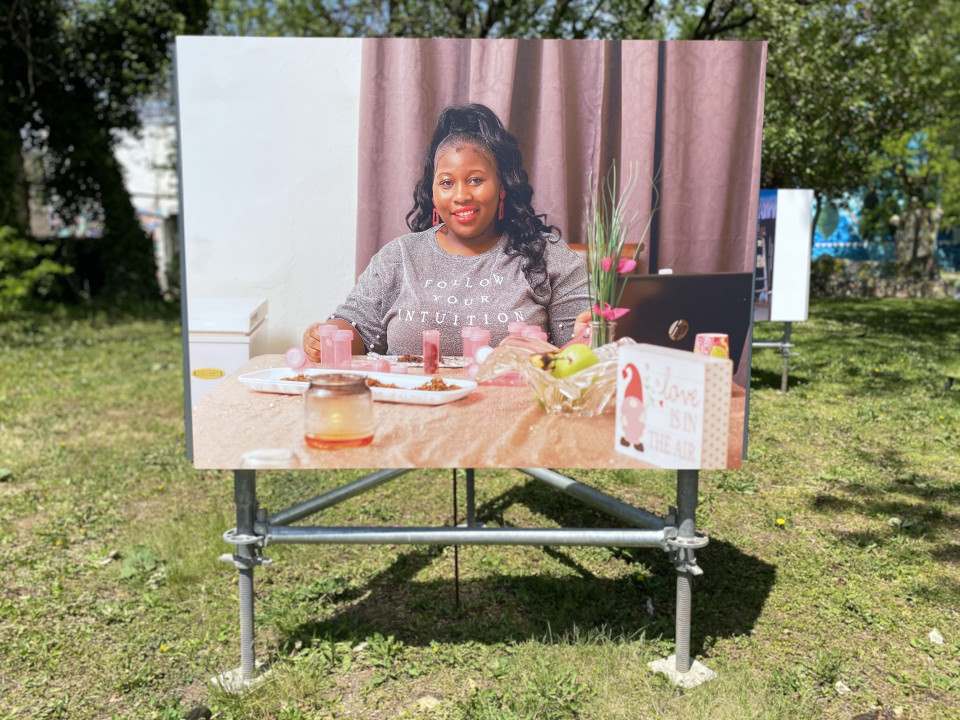“A society that does not laugh is one without an important safety valve, and a society in which people interpret crude humor not as the first step toward friendly relations, but as a mortal offense, is one in which ordinary life has become fraught with danger,” according to philosopher Roger Scruton.
Laughter and humor, though often used interchangeably, have different definitions. While humor is the quality that makes something funny, laughter is the physical reaction to humor.
They say ‘a good laugh is a mighty good thing’, but did you know it can improve your health? Humor on the other hand is perhaps one of the important tools for dealing with stressful situations and we learn to use this at a very young age. Remember when you were still a baby and laughed heartily at every silly joke – no worries about life, no hate for the next individual – just pure, unadulterated joy?
However, as we grow older, the trials and tribulations of life begin to hit, and finding reasons to laugh in such situations can seem challenging.
Amid the chaos, individuals have found ways to embrace humor and laughter and improve their well-being. One such way is through African comedy, which has emerged as a powerful tool for healing, addressing societal issues, and fostering a sense of community. In African culture, humor has long been a means of navigating the complexities of life. From rib-cracking stand-up comedies to skits that would make you laugh out loud, African comedy isn’t just about entertainment, but a powerful food for the soul.
African comedy is deeply rooted in storytelling traditions. Comedians usually weave relatable life stories, societal issues, and other trending topics into their routines, which often resonates with audiences and leaves them laughing their hearts out.
The Healing Power of Laughter and Humour
It is commonly accepted that laughter produces psychological benefits, such as improving depression, anxiety, and stress. There isn’t much academic literature and research on laughter and its therapeutic use to enhance psychological well-being in the human and social sciences. However, some theories have attempted to explain how valuable laughter can be.
Norman Cousins was among the first authors who wrote about laughter as a therapeutic intervention based on his personal experiences. was suffering from Ankylosing Spondylitis, a degenerative spinal disease that left him in almost constant pain. He subjected himself to watching a lot of comedy films and laughed a lot. He discovered that as little as 10 minutes of laughter gave him as much as 2 hours of pain-free sleep.
However, Cousins emphasized that he was neither suggesting one could simply laugh illness away nor that laughter was the only healing emotion.
“Laughter is an integral part of a much larger totality,” he said. “It’s only one part of the doctor’s kit.”
John Morreall (1986) theorized that humor and laughter can be a path to mental health as they may provide an individual with some form of relief from the mundane aspects of human existence.
In addition, Berk et al. (1989) examined the effects of laughter on neuroendocrine hormones that are involved in classical stress responses. The researchers concluded that joyful laughter modifies or reduces some of the neuroendocrine hormone levels associated with stress.
A recent meta-analysis of 45 laughter-inducing interventions with 2,500 randomized participants found significant positive mental health and physical health effects (Stiwi and Rosendahl 2022).
The Power of African Comedy

Image: Nigerian comedian Basketmouth performing in Antwerp. Source: Youtube | Africa Web TV
From the bustling streets of Lagos to the comedy clubs of Johannesburg, African comedy is providing the much-needed escape, a space to laugh at everyday struggles, societal quirks, and even political realities. Though Africa has its fair share of challenges, comedy serves as a vibrant and potent force for therapeutic release, providing much-needed relief in times of adversity.
But what is it about African comedy that makes it so effective as a form of therapy? Many use humor as a coping mechanism for dealing with life’s challenges. When we attend comedy shows or listen to a comedian crack a joke, we sometimes see ourselves reflected in the humor. This is because African comedy often draws from cultural traditions and experiences. The comedians are either poking fun at societal norms, addressing the complexities of family life, or lampooning political figures and end up laughing away the stress and tension, forgetting our worries for the moment.
Whether through stand-up performances, skits, or satirical shows, African comedy has the potential to not only entertain but is a powerful therapeutic tool in its own right.
Prominent Figures Providing Therapeutic African Comedy
Comedy has since evolved from the cracking of jokes to helping people maintain their sanity. Several African comedians have taken up this role, providing the much-needed avenue for people to laugh away their pain. The rise of social media and streaming platforms has allowed them to reach an even wider audience worldwide.
Trevor Noah: The South African-born comedian is one of the most successful comedians in Africa. He has become a global entertainment icon, often using humor to confront prejudice and institutional racism. His comedy is more than jokes, as he uses his sharp wit to shine a light on global and societal issues, while also proving that laughter can be a powerful tool for healing.
Basketmouth: Stand-up comedian, Bright Okpocha, aka Basketmouth, is a force to be reckoned with in the world of African comedy. His brand of humor offers an insightful and hilarious look at Nigerian life, resonating with audiences across Africa and beyond. So the next time you need a dose of laughter to heal your aching heart, tune into Basketmouth’s comedy skits.
Shengesh: This Kenyan all-female comedy group isn’t your typical stand-up troupe. The group uses humor as a weapon for social change and female empowerment. Not only are their routines a source of laughter, but they are also a catalyst for important conversations. The comedians are a good example of how humor can be a powerful tool for healing, social change, and empowerment.
Laughter truly is the best medicine, and these African comedians are proving it.





